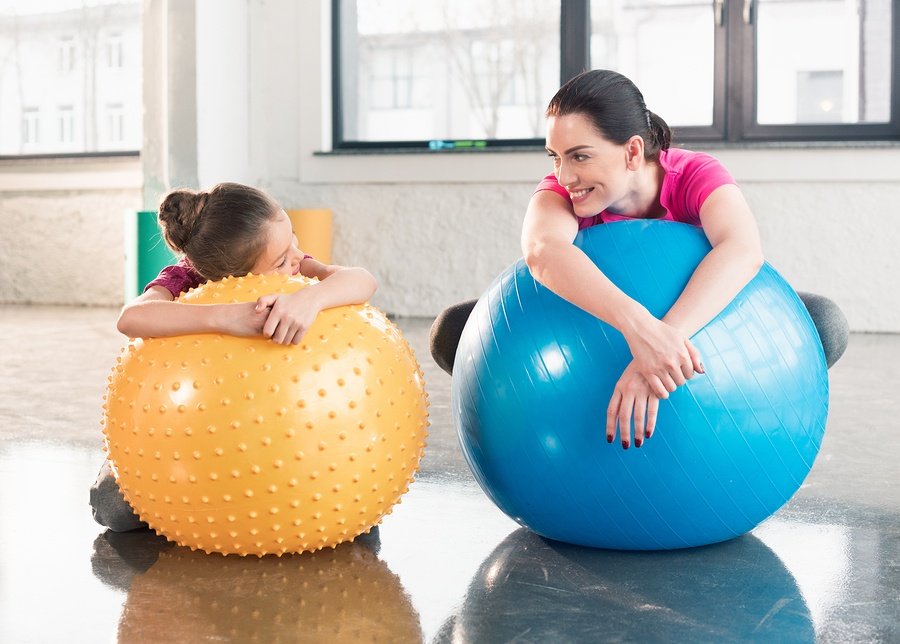What is anxiety or anxiety disorders?
Anxiety is a normal and common human emotion that often makes people feel uneasy, worried or nervous. Generally, an individual might feel anxious in situations where they feel uncomfortable or stressed, such as a child starting their first day of school. For most people, anxiety is a temporary experience that often dissipates once the acute stressor or trigger is no longer present.
However, some people develop anxiety disorders, where their anxiety is more frequent, intense and usually has no identifiable or specific trigger. If this anxiety is left untreated, it can become debilitating for the individual and significantly affect their functioning. There are various types of anxiety disorders, ranging from generalised anxiety disorder (GAD), post traumatic stress disorder (PTSD), phobias, panic disorder or obsessive-compulsive disorder (OCD).
How is anxiety in children different to anxiety in adults?
Fundamentally, there is no real difference between the symptoms of anxiety in children and adults. Children and adolescents go through anxiety much like adults do, however due to their immaturity and under-development, children often express themselves and react to symptoms of the illness differently. For instance, adults may be more likely to be able to talk through their worries to a therapist, whereas a child might display disruptive or challenging behaviours. The diagnosis of an anxiety disorder in children can be difficult for doctors to make, as it is often difficult to differentiate between the child having a ‘phase’ of anxious behaviours that will eventually resolve, or if there is a presence of an anxiety disorder.
How can anxiety affect a child?
Like most conditions, anxiety can affect children differently. During an acute anxiety episode, physical symptoms such as stomach pain, headaches, diarrhoea or increased fatigue. On a larger scale, however, a child with anxiety may display irritable or erratic behaviours, have poor ability to focus and have poor social skills. If the child is worried about a specific event, situation or person, they may try to avoid the stressor altogether, which may result in social withdrawal. Another crucial component of anxiety is the person’s tendency to ruminate or over-think about their worries, which may lead to difficulties in making decisions, even seemingly simple ones.
Depending on the severity of the condition and if the child receives any help and support to manage it, it may greatly impact on their general functioning, school performance, engagement with others and overall development.
How does psychology help children with anxiety?
As is the case with most medical conditions, for the best outcomes, it is important to receive interventions as early as possible. Psychology is generally the primary way people receive professional help for anxiety. Medications may also be utilised in more severe cases.
The first step of psychology is to gain a thorough background of the child’s history and current situation. From there, a specialised therapy plan will be developed, often with the involvement of the child’s parents or main carers.
In general, psychology will aim to improve the child’s coping skills, so they can manage their anxiety as independently as possible. While specific approaches vary depending on the child’s specific problem, this often involves teaching the child strategies to help them relax and to adjust their way of thinking to a more positive direction. Families or parents/carers also commonly play a major role in therapy, not merely to support the child, but also to reinforce coping skills and implement practical ways to help the child in their everyday environment. Further, if the child is having considerable difficulties at school, the psychologist may also work with key teachers to come up with ways to support the child and better manage their

